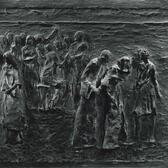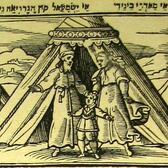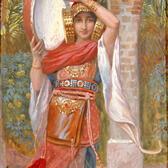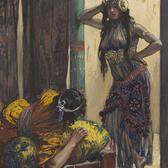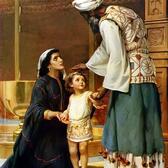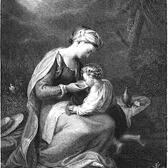Tamar Kadari
Tamar Kadari is a senior lecturer in Midrash and Aggadah and former Dean of the Schechter Institute of Jewish Studies in Jerusalem. She teaches at the Schechter Institute and Bar Ilan University. Her synoptic edition of Midrash Song of Songs Rabbah, based on extensive manuscript research, was launched in 2014 on the Schechter website. She is the author of Minkhah L'Yehudah: Julius Theodor and the Redaction of the Aggadic Midrashim of the Land of Israel (Jerusalem: Schechter/Leo Baeck, 2017), a study of a major figure in the modern study of rabbinic literature and his influence on the modern study of midrash. She is the academic advisor for and author of the introduction to Dirshuni: Contemporary Women’s Midrash, Brandeis University Press (2022). Her articles have appeared in leading scholarly journals. Tamar is also a sculptor whose work has been exhibited in galleries in Jerusalem and Tel Aviv.

